The results of the 2021 census are due to be released at the end of this month. One of the questions that has received the most attention and stimulated the most discussion is, ‘What is the person’s religion?’
A number of freethought associations, including my organisation Humanists Victoria, the Rationalist Society of Australia, Australian Atheist Foundation, NSW Rationalists, Sydney Atheists, National Secular Lobby and Humanists Australia provided funding, expertise and effort in producing a campaign leading up to last August’s census.
Our core proposition for the campaign was simple – “If you’re not religious, mark ‘No Religion’.”
Our motivation was simple. We thought that the census data should accurately reflect the current reality of Australian society. The coalition of organisations involved was not anti-religious. We simply wanted to encourage people to reflect on whether they were religious before making their choice.
We promoted our message primarily through social media, reaching millions of Australians. Well-known Australians such as Adam Spencer, Andrew Denton, Fiona Patten and Tim Minchin contributed short video pieces to support our cause.
The campaign drew attention from several right-wing religionists, media commentators and politicians who challenged our right to mount a reasonable and moderate campaign. In our view, this only contributed to the wider broadcasting of the core message!
Why is the census data on religion inaccurate?
There are several reasons that explain why the census figures on religion are misleading.
First and foremost, there is a problem with the design and placement of the question on the census form. The question – ‘What is the person’s religion?’ – is fundamentally flawed because it presumes the person answering has a religion. It, therefore, steers respondents down the path of choosing a religion they may have some association with, no matter how historical that association happens to be. There are several ways of correcting this design flaw, the simplest of which is simply to add ‘if any’ at the end of the question.
As for the placement of the question, the ‘official’ Australian Bureau of Statistics (ABS) view is that religion is simply another measure of cultural diversity. This explains why it is grouped with other indicators of cultural diversity in both the collection (i.e. on the census form) and the reporting of census data.
In our view, this argument creates a smokescreen perpetuated by the pro-religion lobby which sees it in their interests to artificially inflate the number of religious people in Australia.
The existence of the right and the mechanism to complete an individual form is not widely known.
In most households, especially those with children, one person is identified as the ‘household contact’. This person normally completes the census on behalf of others living in the household, including children.
Apart from the fact that it is absurd to ascribe a belief to somebody under, say, the age of 12, it is questionable how many ‘household contacts’ ask the question of others in the household in order to accurately reflect their view.
A further key reason for the inaccuracy of this religiosity snapshot is that most people assume it relates to the religion they were ‘born into’ or ‘brought up in’. Being religious on account of one’s culturally imposed religion may not be relevant to their current world view. Lapsed Catholics, the secular Jewish, and others who have abandoned their childhood religion are far more numerous than the census would have us believe.
Why does it matter?
Policymakers and Australian protocols are guided by the results from the census, including the question on religion. The legacy of past census data seems to justify a continuing emphasis on religion-based chaplaincy, health, education, aged care and other social services.
Although Australia is nominally secular, religionist perspectives continue to blur the clear separation of church and state. This results in irrelevant prayers at the opening of daily parliamentary business in all federal and state parliaments, and in many local government meetings. It also promotes division over the content and style of iconic national events, such as ANZAC Day services.
Not least of course was the failed attempt of the Morrison government to introduce a Religious Discrimination Bill that was more about religious freedom and privilege, rather than the protection of people who practise a religion.
And of course, there is the issue of financial equity. Religious organisations receive billions and billions of dollars in direct payments, grants, tax concessions and other entitlements that are well out of proportion to the benefits received by non-religious organisations – many of which are unable to claim charitable or donor gift recipient status.
What do we expect?
In 2016, 29.6 per cent of respondents selected ‘No Religion’. This was up from 21.8 per cent in 2011 and continued the trend from 2001, when 15.5 per cent made this choice. In New Zealand in 2018, 48.2 per cent of people chose ‘No Religion’. To achieve this in Australia would exceed our wildest expectations, but, realistically, we are hopeful of an outcome in the high 30s.
Whatever the result, we know it will still be a significant under-statement of the true proportion of non-religious. We know this from a range of highly respected, regularly conducted surveys, spotlighted through the work of RSA Fellow, Neil Francis, in his Religiosity in Australia series, published last year by the Rationalist Society of Australia.
In these surveys, the use of a more appropriate wording of the question results in the non-religious consistently forming well above 50 per cent.
After the 2021 census result is published, the next challenge for the freethought coalition is to add to the growing pressure on the ABS to revise the census question for 2026 so that the result can more accurately represent the true importance of religion in Australia.
If you wish to republish this original article, please attribute to Rationale. Click here to find out more about republishing under Creative Commons.
Photo by Karl Fredrickson on Unsplash.

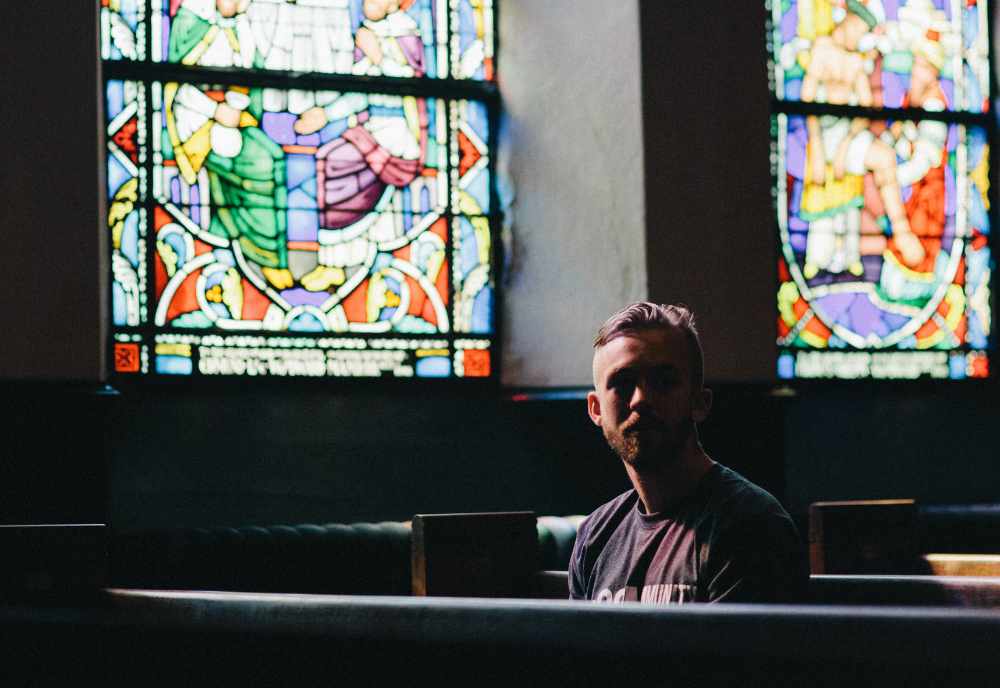

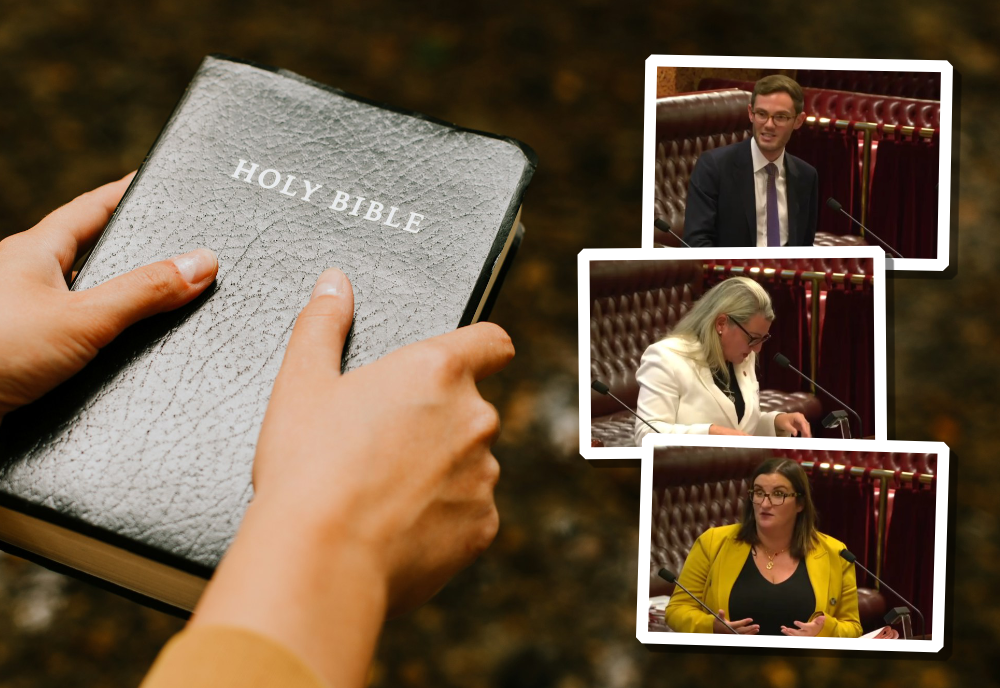
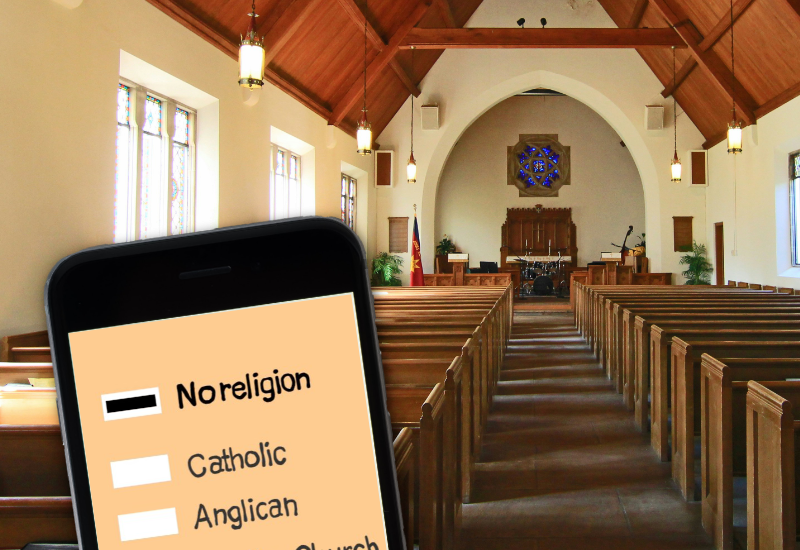
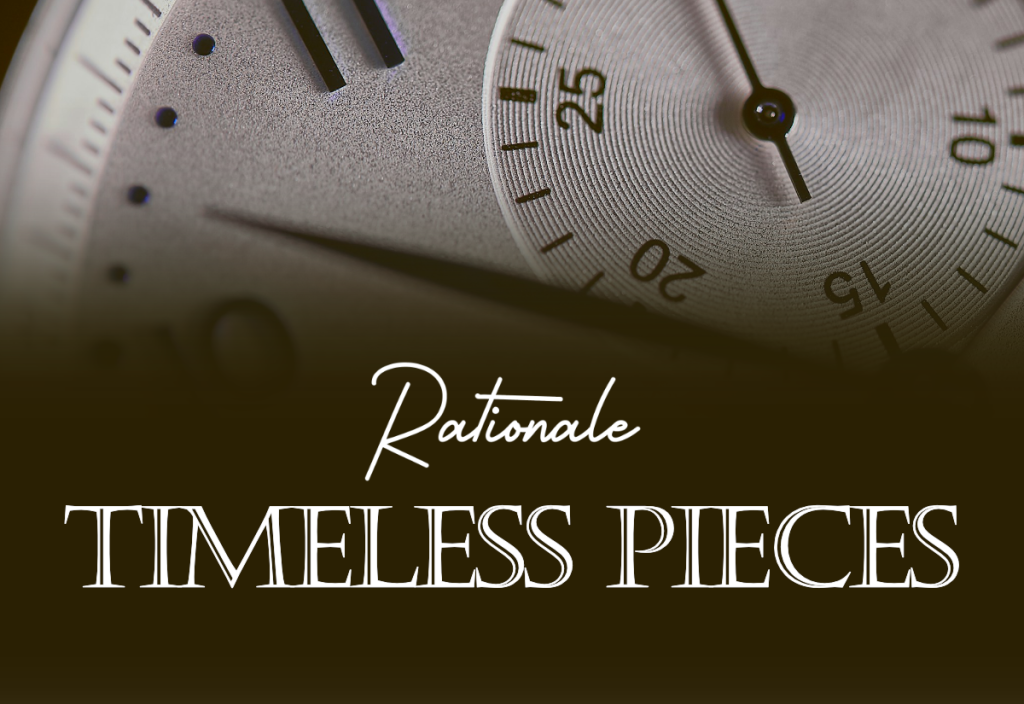



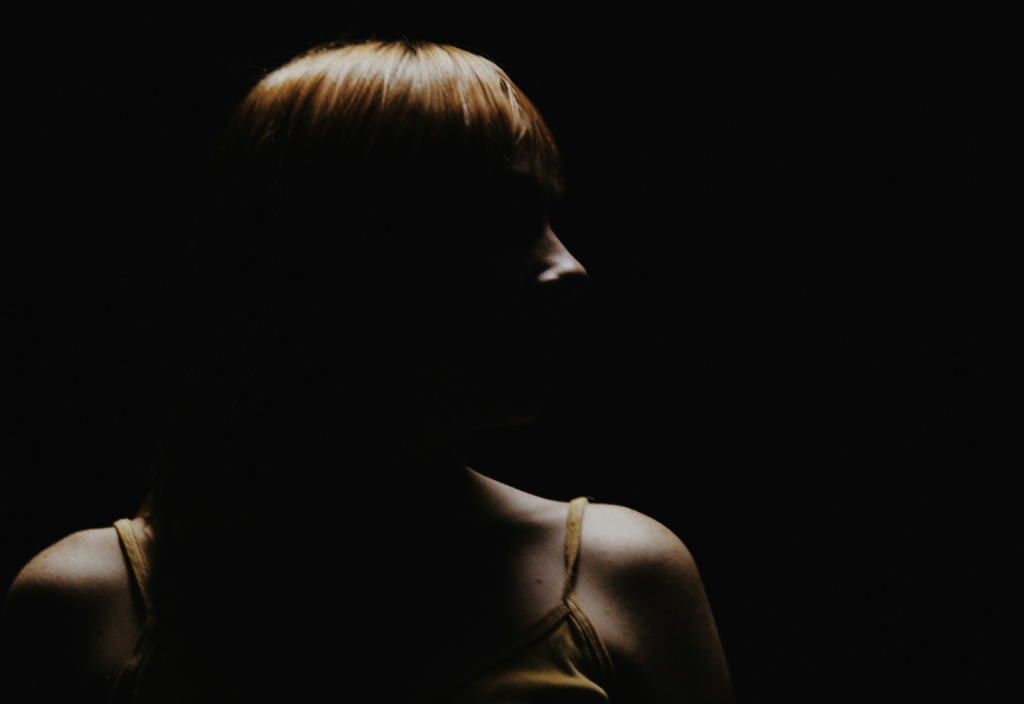


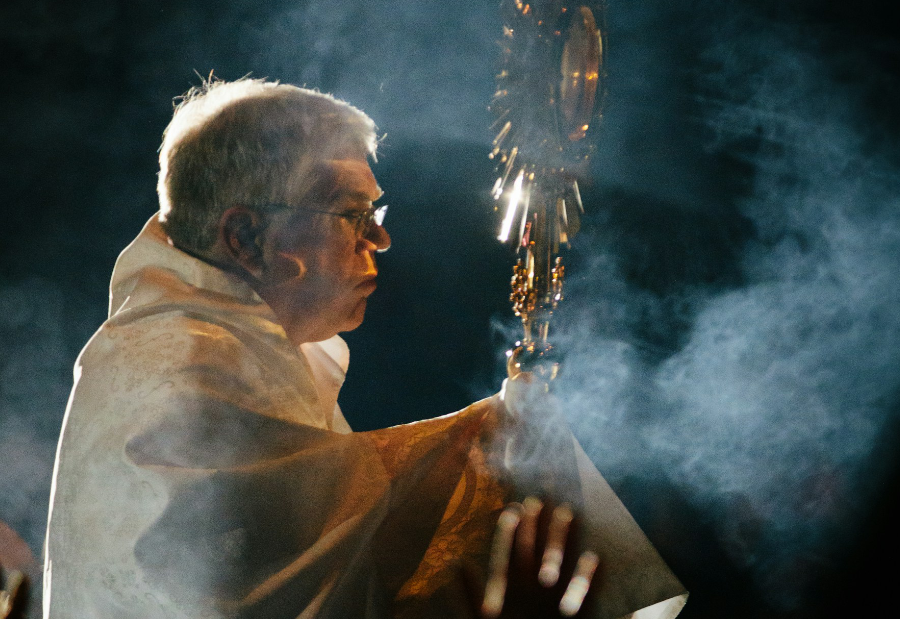
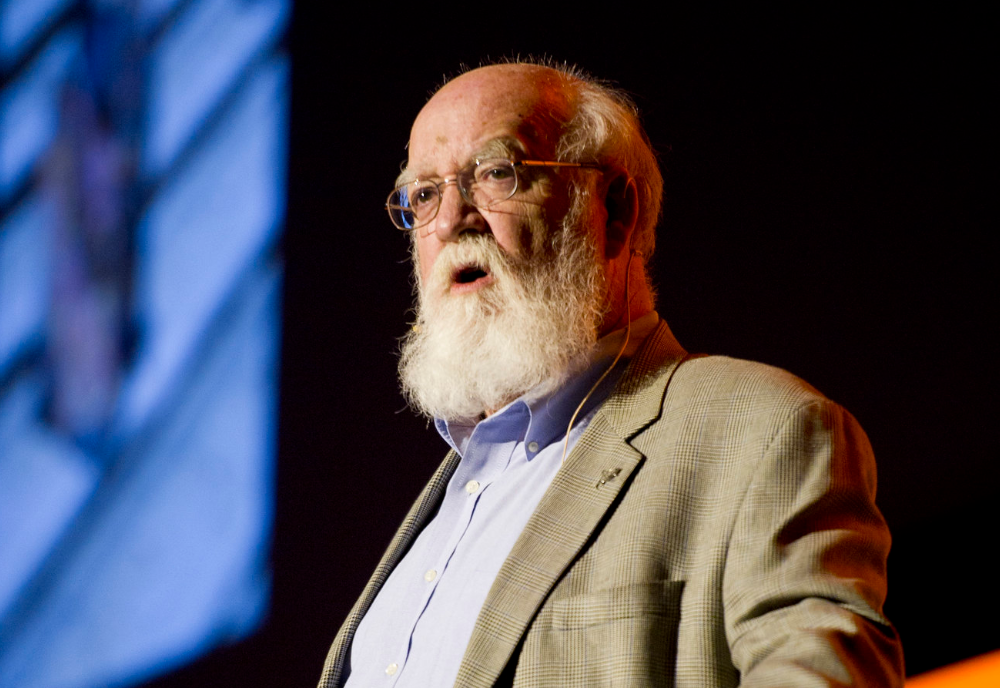
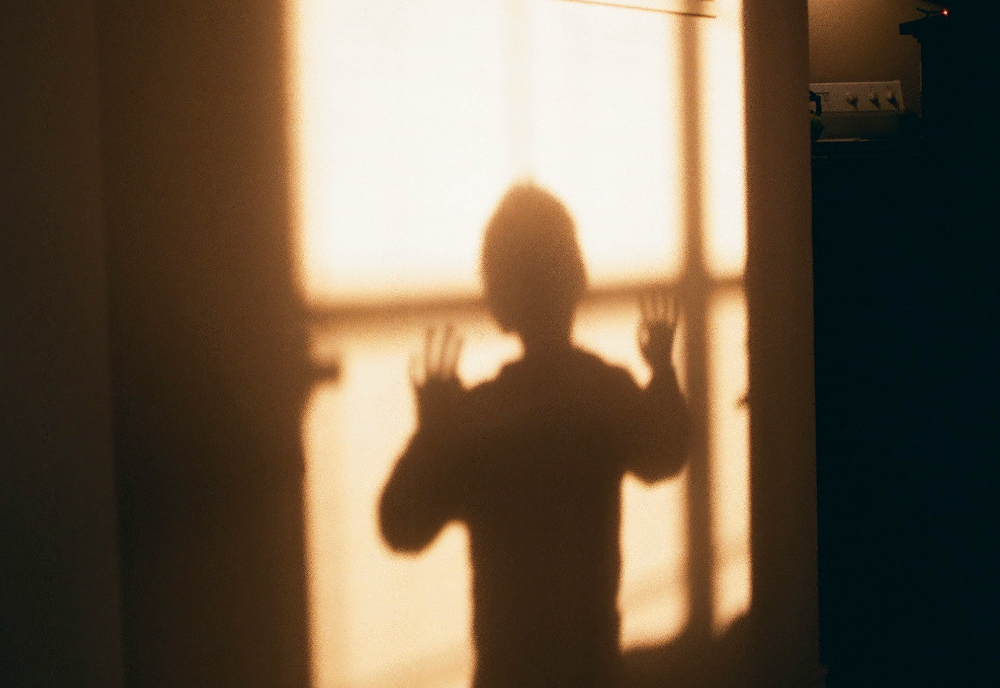
As a former executive committee member of the Atheist Foundation of Australia (and one of six people awarded life membership of that organisation for services rendered), I can see that it no longer has the visibility and commitment that it once had, but that doesn’t excuse the author of this article of incorrectly referring to it as the Australian Atheist Foundation! 😉